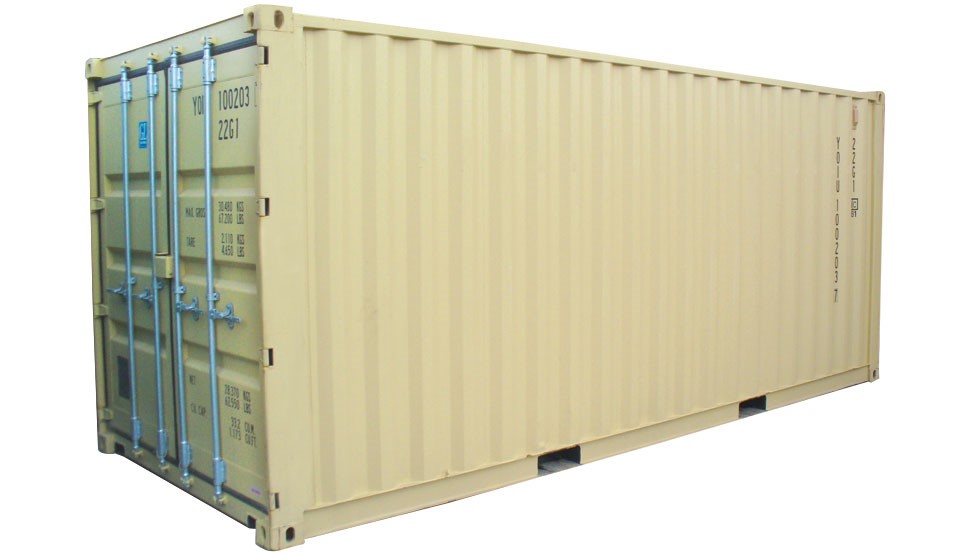In today's fast-paced global economy, efficient transportation of goods is crucial for businesses to thrive. Among various modes of transport, liquid bulk transport plays a vital role in the movement of liquids such as chemicals, petroleum, and food products. This article explores the intricacies of liquid bulk transport, highlighting its significance, challenges, and innovative solutions that have revolutionized the industry.
- The Significance of Liquid Bulk Transport:
Liquid bulk transport is the backbone of many industries, enabling the seamless supply of essential liquids worldwide. From chemicals used in manufacturing processes to petroleum products fueling our vehicles, liquid bulk transport ensures the availability of these vital resources. Its efficiency directly impacts production costs, product availability, and ultimately, the global economy. - Challenges in Liquid Bulk Transport:
a) Safety and Compliance: Transporting hazardous liquids requires strict adherence to safety regulations and compliance standards. Ensuring proper handling, packaging, and transportation practices is crucial to prevent accidents and protect the environment.
b) Storage and Handling: Liquids have unique storage and handling requirements. Factors such as temperature control, contamination prevention, and compatibility of different liquids pose challenges for logistics providers. Advanced storage facilities and specialized equipment are essential to maintain product integrity.
c) Cost Optimization: Liquid bulk transport involves complex logistics networks, including multiple modes of transport, storage facilities, and distribution channels. Optimizing costs while maintaining efficiency requires careful planning, route optimization, and leveraging technology solutions.
- Innovations in Liquid Bulk Transport:
a) Advanced Tracking and Monitoring Systems: Real-time tracking and monitoring systems enable logistics providers to have complete visibility of liquid bulk shipments. IoT-enabled sensors, GPS tracking, and data analytics help optimize routes, monitor temperature and pressure, and ensure timely delivery.
b) Containerization and Flexitanks: Containerization has revolutionized liquid bulk transport by providing a secure and cost-effective solution. Flexitanks, specially designed containers for liquids, offer flexibility, reduce packaging waste, and enable efficient loading and unloading processes.
c) Intermodal Solutions: Integrating different modes of transport, such as rail, road, and sea, offers cost-effective and environmentally friendly options for liquid bulk transport. Intermodal solutions optimize routes, reduce transit times, and minimize carbon emissions.
d) Automation and Robotics: Automation and robotics have transformed various aspects of liquid bulk transport. Automated loading and unloading systems, robotic tank cleaning, and autonomous vehicles enhance efficiency, reduce human error, and improve safety.
Conclusion:
Liquid bulk transport plays a vital role in the global supply chain, ensuring the smooth movement of essential liquids across industries. Overcoming challenges through innovative solutions has revolutionized the industry, enhancing efficiency, safety, and sustainability. As technology continues to advance, the future of liquid bulk transport holds even more exciting possibilities, promising a more connected and efficient logistics ecosystem.

